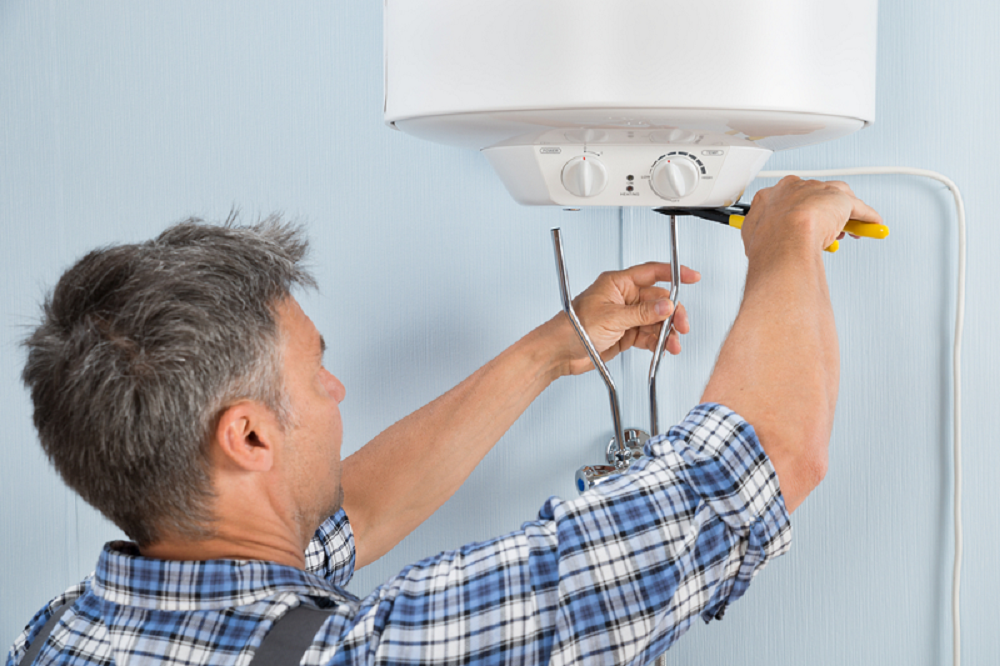Hot water is an essential part of every home, and choosing the right hot water service is crucial for the comfort and convenience of your family. With so many options available in the market, it can be challenging to decide which hot water system is the best fit for your needs. This article aims to provide you with the necessary information and factors to consider when selecting the perfect hot water service for your home. We will discuss various aspects, including energy efficiency, storage capacity, installation costs, maintenance, and more. So, let’s dive in and explore the world of hot water systems!
Here Are Some Types of Hot Water Systems
There are various types of hot water systems available in the market, and each has its pros and cons. The most common types are:
- Storage Tank Water Heater: This is the most traditional hot water system, where water is heated and stored in an insulated tank until needed. These systems can run on electricity, natural gas, propane, or even oil.
- Tankless Water Heater: Also known as an instantaneous or on-demand water heater, this system heats the water as it flows through the unit, providing hot water only when needed. It can be powered by electricity, natural gas, or propane.
- Solar Water Heater: This environmentally friendly option uses solar panels to capture the sun’s energy and heat the water. It can be used as a standalone system or combined with a conventional water heater for backup.
- Heat Pump Water Heater: This energy-efficient system uses electricity to move heat from the air or ground to heat the water. It can be more cost-effective than traditional electric water heaters.
Energy Efficiency
Energy efficiency is a crucial factor to consider when choosing a hot water service. An energy-efficient system will not only save you money on your energy bills but also reduce your carbon footprint. Here are some tips to help you choose an energy-efficient hot water system:
- Look for the Energy Star label, which indicates that the product meets strict energy efficiency guidelines set by the government.
- Check the energy factor (EF) rating of the system. A higher EF rating means a more efficient system.
- Consider a tankless or solar water heater, as they tend to be more energy-efficient than traditional storage tank water heaters.
Storage Capacity
The storage capacity of your hot water system is another essential factor to consider. You need to ensure that the system can provide enough hot water for your household’s needs, especially during peak usage times. To determine the right storage capacity, consider the following:
- The number of people living in your home
- The number of bathrooms and appliances that use hot water
- Your family’s daily hot water usage patterns
Installation Costs
The cost of installing a hot water system can vary significantly depending on the type of system and the complexity of the installation. Keep in mind the following factors when considering installation costs:
- The price of the hot water system itself
- Labor costs for professional installation
- Additional costs for any necessary permits, inspections, or modifications to your home’s plumbing or electrical systems
Maintenance And Lifespan
Regular maintenance is vital to ensure the efficiency and longevity of your hot water system. Some systems require more maintenance than others, so consider the following when choosing a system:
- The manufacturer’s recommended maintenance schedule
- The availability of replacement parts and service technicians in your area
- The average lifespan of the system (most hot water systems last between 10-15 years)
Environmental Impact
If you’re concerned about the environmental impact of your hot water system, consider the following:
- The energy source used by the system (solar and heat pump systems have a lower environmental impact than traditional systems)
- The system’s energy efficiency rating
- The amount of greenhouse gas emissions produced by the system
Rebates And Incentives

Many governments and utility companies offer rebates and incentives to encourage homeowners to install energy-efficient hot water systems. Be sure to research the available programs in your area, as these can significantly reduce the cost of purchasing and installing a new hot water system.
Conclusion
Choosing the right hot water service for your home is essential for your family’s comfort and convenience. By considering factors such as energy efficiency, storage capacity, installation costs, maintenance, and environmental impact, you can make an informed decision that best suits your needs and budget. Don’t forget to look into available rebates and incentives, as these can help offset the costs of purchasing and installing a new hot water system. With the right hot water service in place, you can enjoy the luxury of hot water on demand while saving money and reducing your environmental impact.
